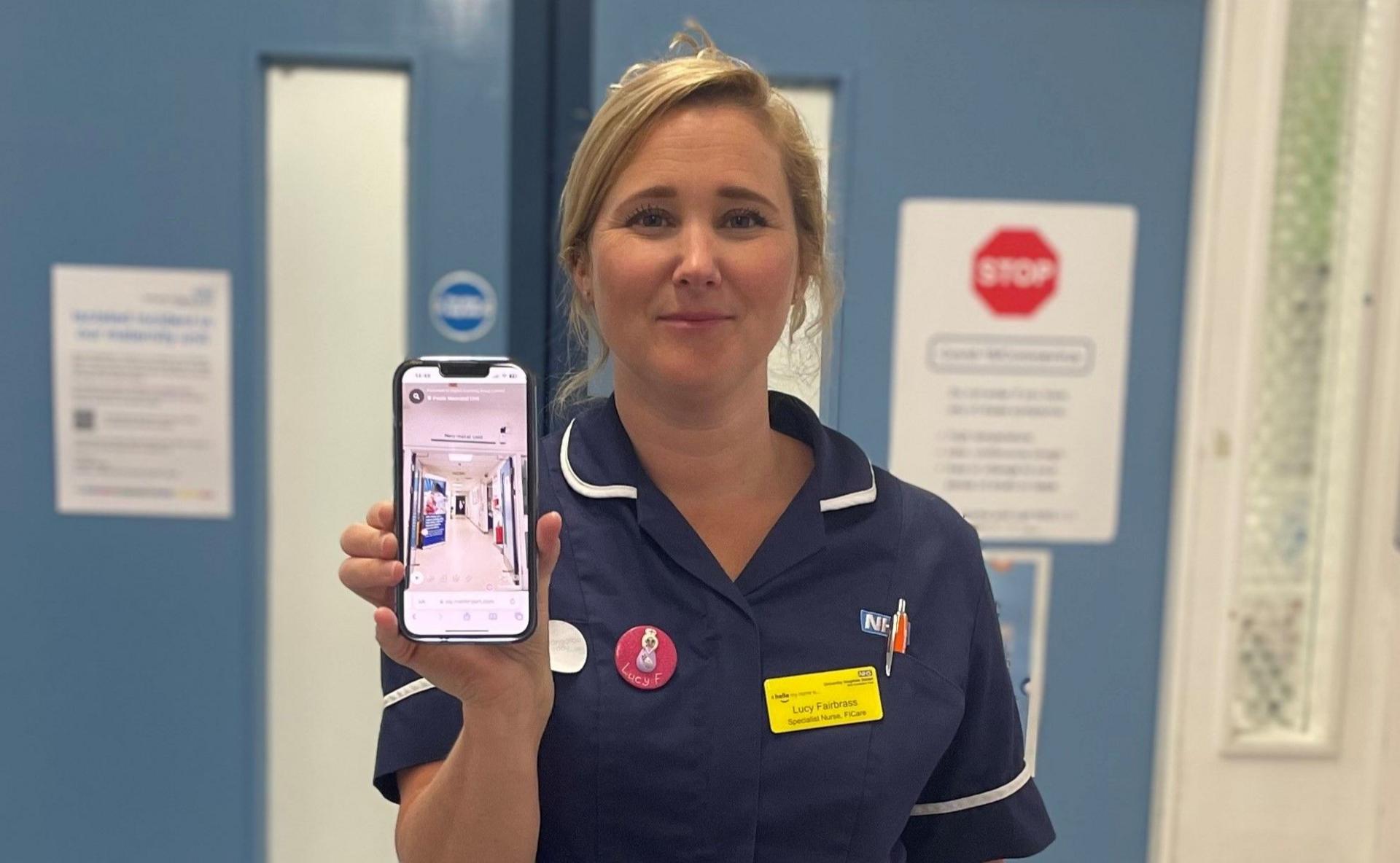Premature baby leaves hospital after 314 days
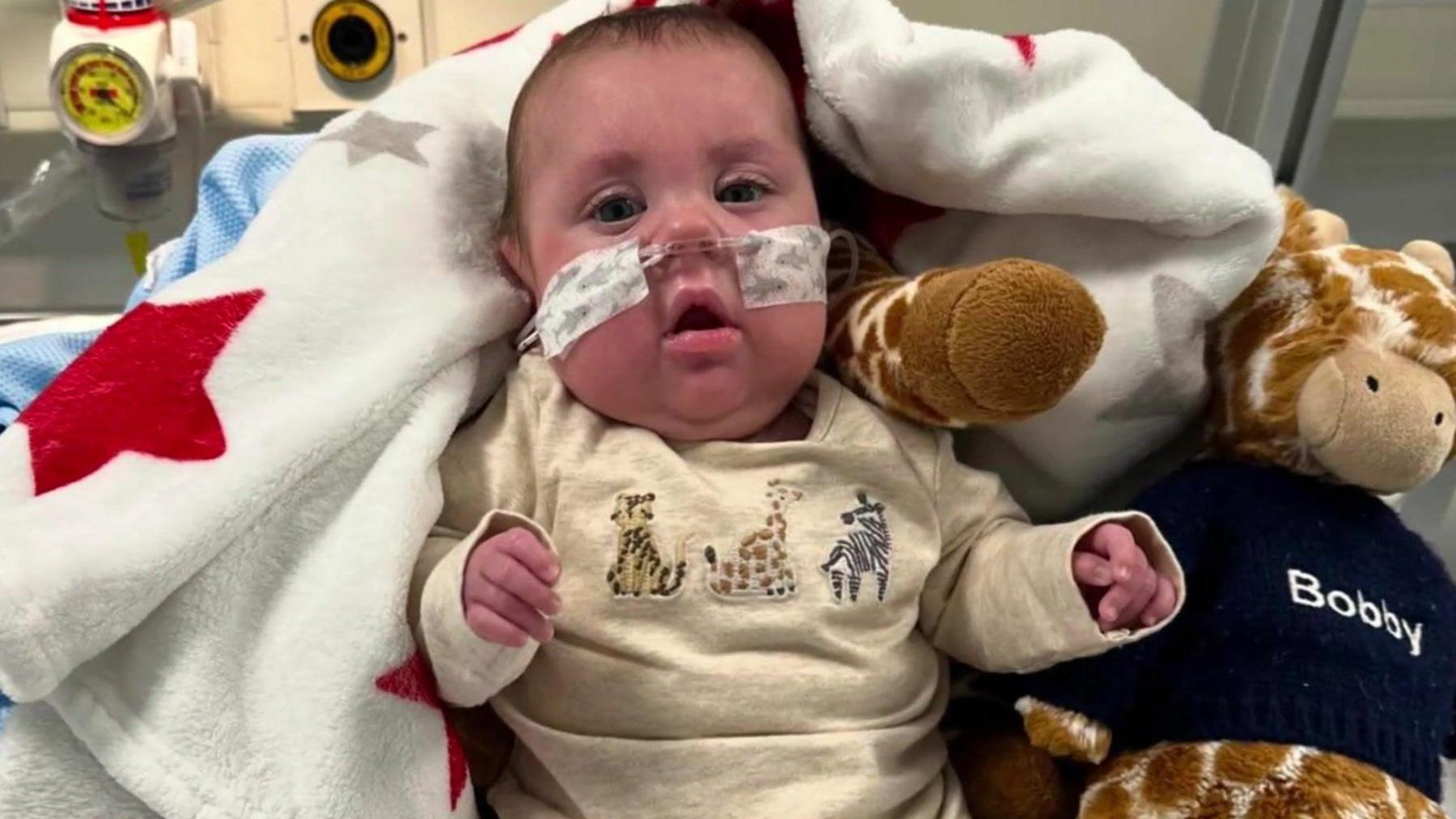
Bobby developed sepsis shortly after his birth
- Published
A premature baby who suffered life-threatening complications has left hospital after nearly a year.
Lilly from Portland was rushed to Dorset County Hospital when she was 22 weeks pregnant, with doctors soon realising she was in active labour.
She was transferred to Queen Alexandra Hospital in Portsmouth where she gave birth to Bobby, who then caught sepsis.
His parents were told to prepare for the worst - but Bobby defied the odds and was taken home for the first time 314 days later.
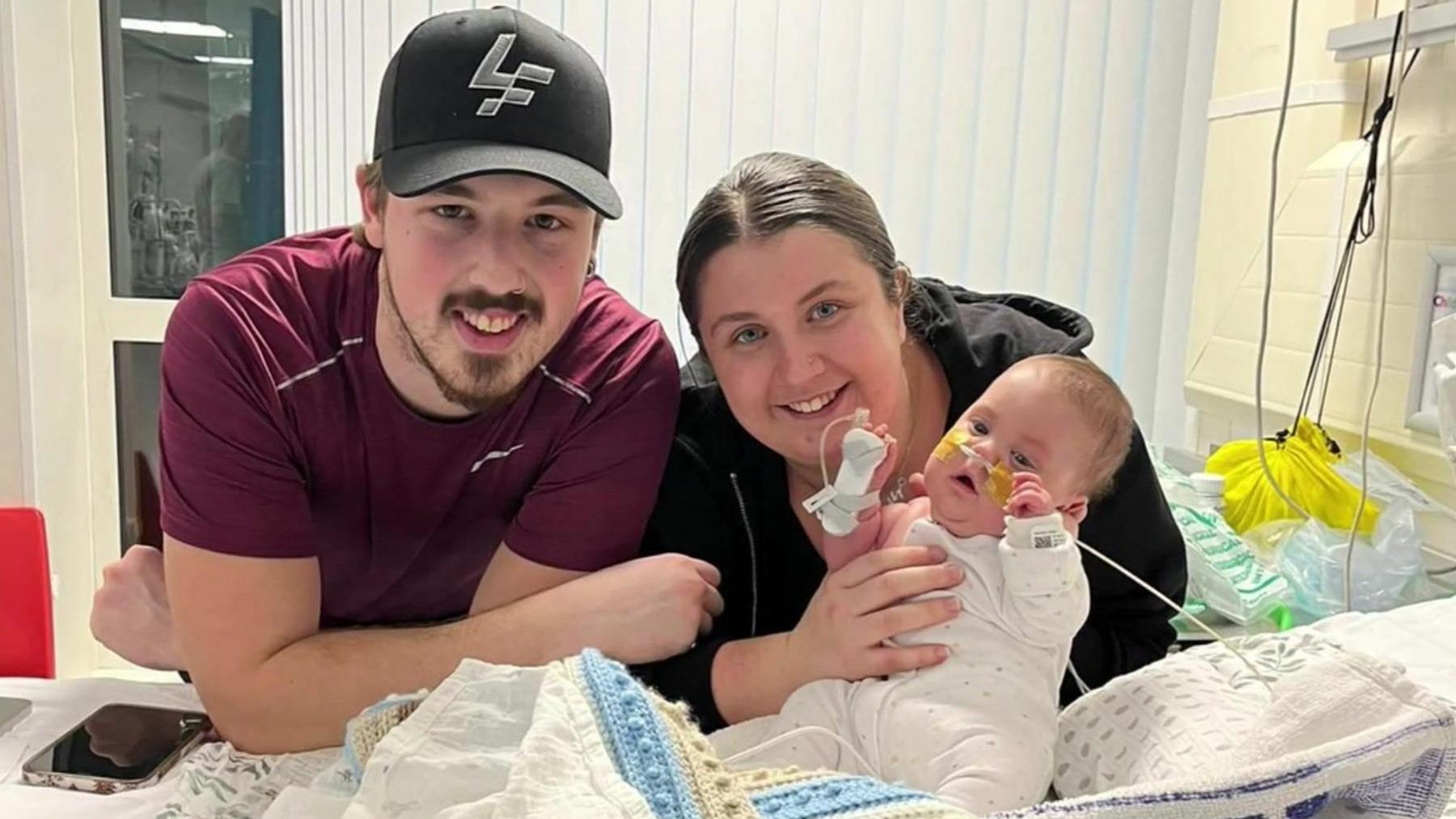
Lilly and her partner Jay, both aged 25, have lived in the hospital with Bobby since his birth
Once in hospital, Lilly said the situation had become serious pretty quickly.
After three days her son was born at about 23 weeks on 27 September 2023.
"There was about 30 people in the room with us," she said, adding: "There was a team for him and a team for me."
Statistics show the survival rate for babies born at 23 weeks is about 60%, external.
"They told us he wouldn't cry when he was born because his lungs would have been really under developed," Lilly said.
"But he cried - I can remember laying there and I was like: 'Is that my baby?'"
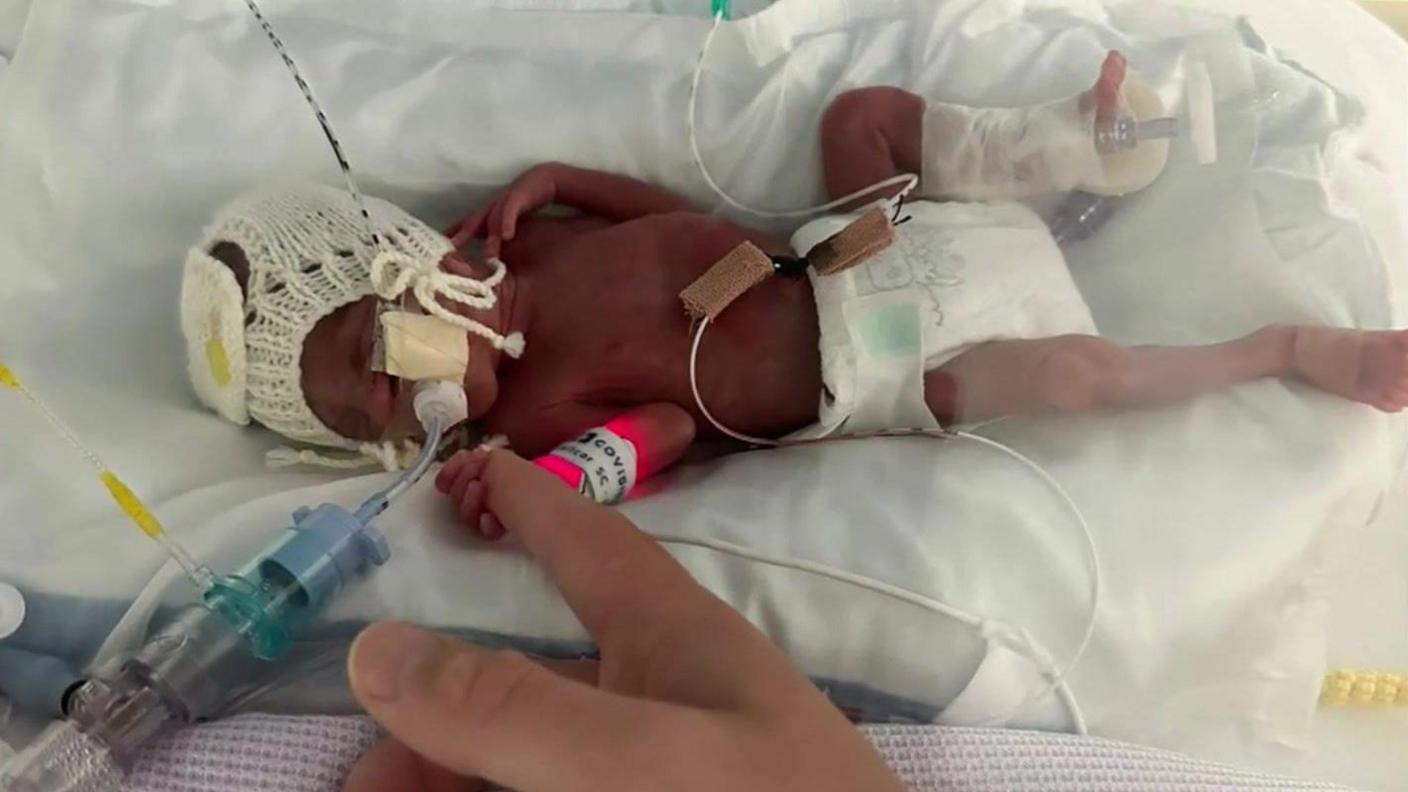
Bobby weighed just 577g (1.2lbs) when he was born
When Bobby was a few days old, he developed sepsis which led to Grade 3 and Grade 4 bleeds on his brain.
"They didn't think he would make it through that night," she said.
Bobby also had a perforated bowel - a hole in the wall of his digestive tract - and was given a stoma.
He survived surgery at 25 weeks gestation, but then developed a form of apnoea.
"He'd stopped breathing and they told us to prepare for the worst," Lilly said.
"We actually ended up going in an end-of-life room."
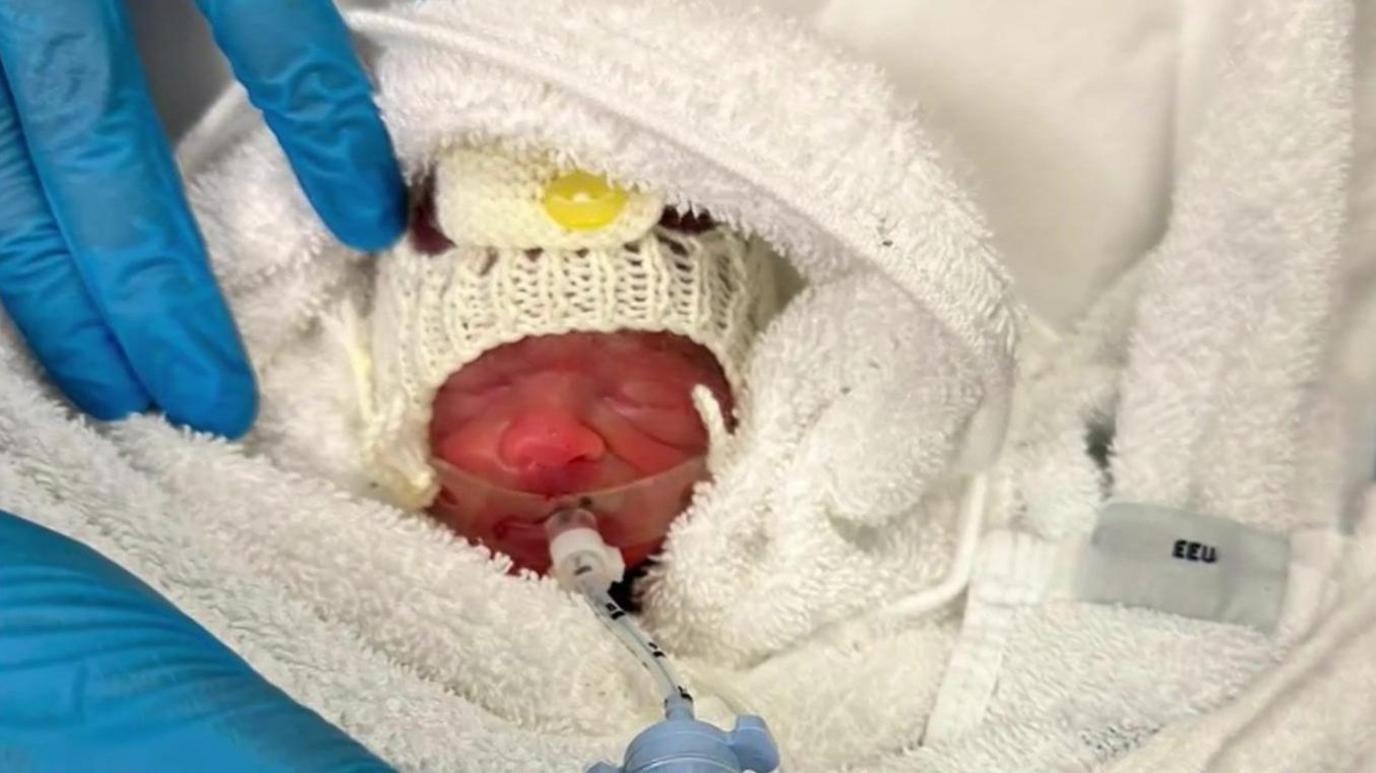
The Queen Alexandra Hospital has a unit specialising in micro-premature babies
Things suddenly improved when Bobby responded to treatment for reflux and his parents were able to take him home for the first time.
"We stepped through the door and I felt so proud off all of us because we stuck at it," she said.
Bobby is now on oxygen with close monitoring, and is likely to have cerebral palsy.
The long-term implications are not known but doctors will review his condition when he is two years old.
"Bobby will do what Bobby wants and no one's gonna tell him - he'll just surprise you in every way," Lilly added.
If you are affected by any of the issues raised in this story, support and advice is available via the BBC Action Line.
Get in touch
Do you have a story BBC Dorset should cover?
You can follow BBC Dorset on Facebook, external, X (Twitter), external, or Instagram, external.
Related topics
- Published27 August 2024
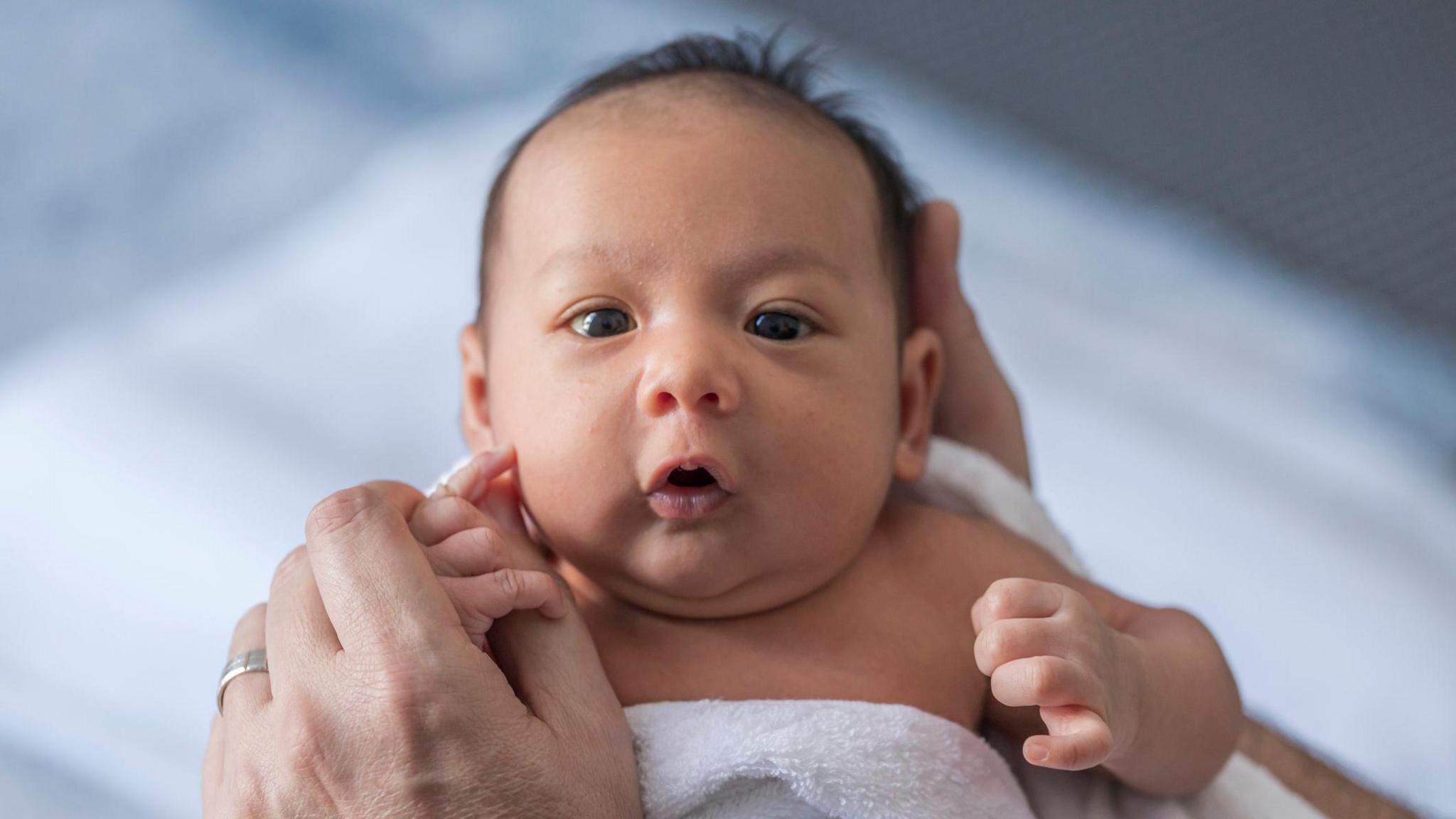
- Published5 June 2024
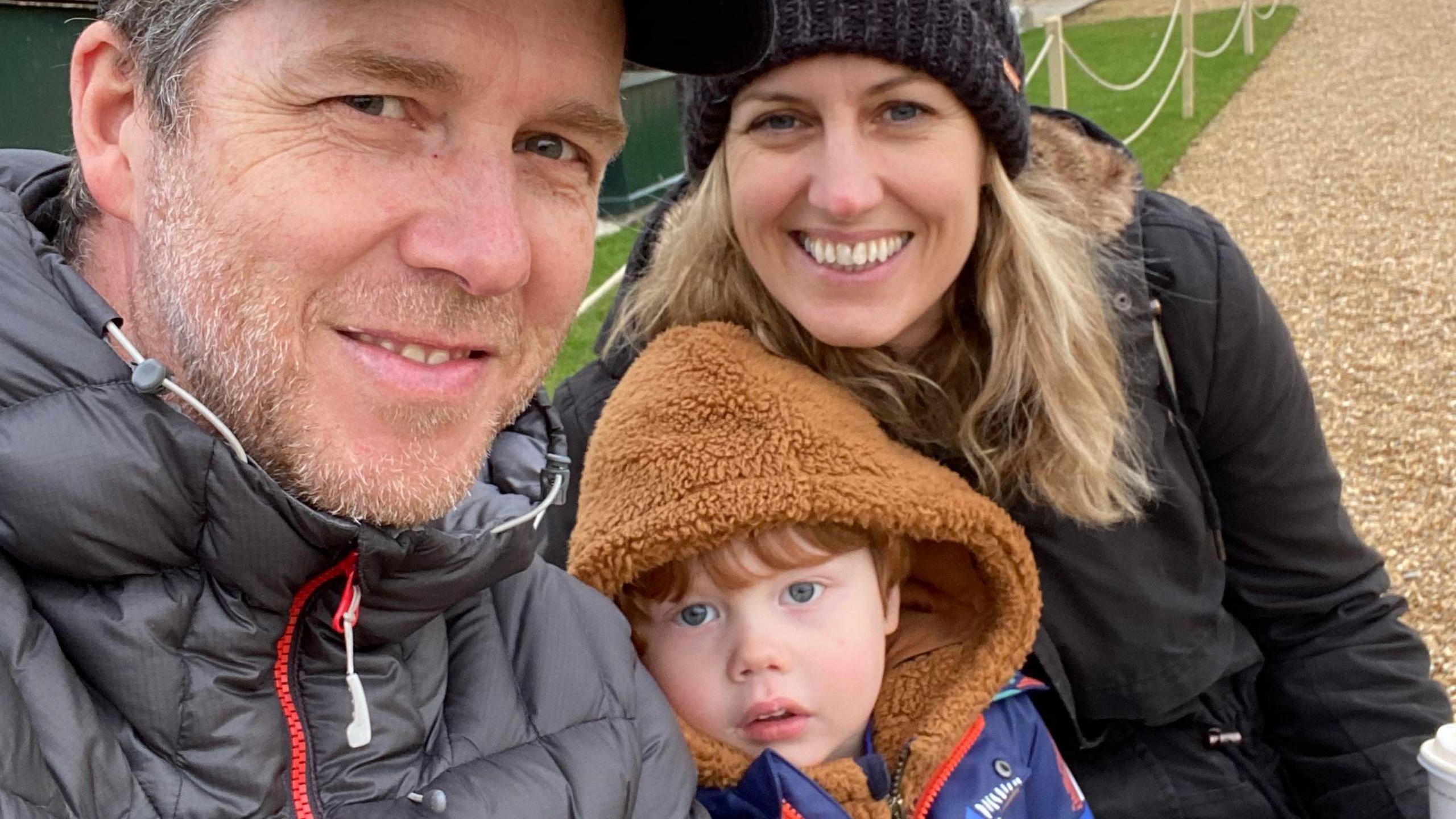
- Published20 May 2024
